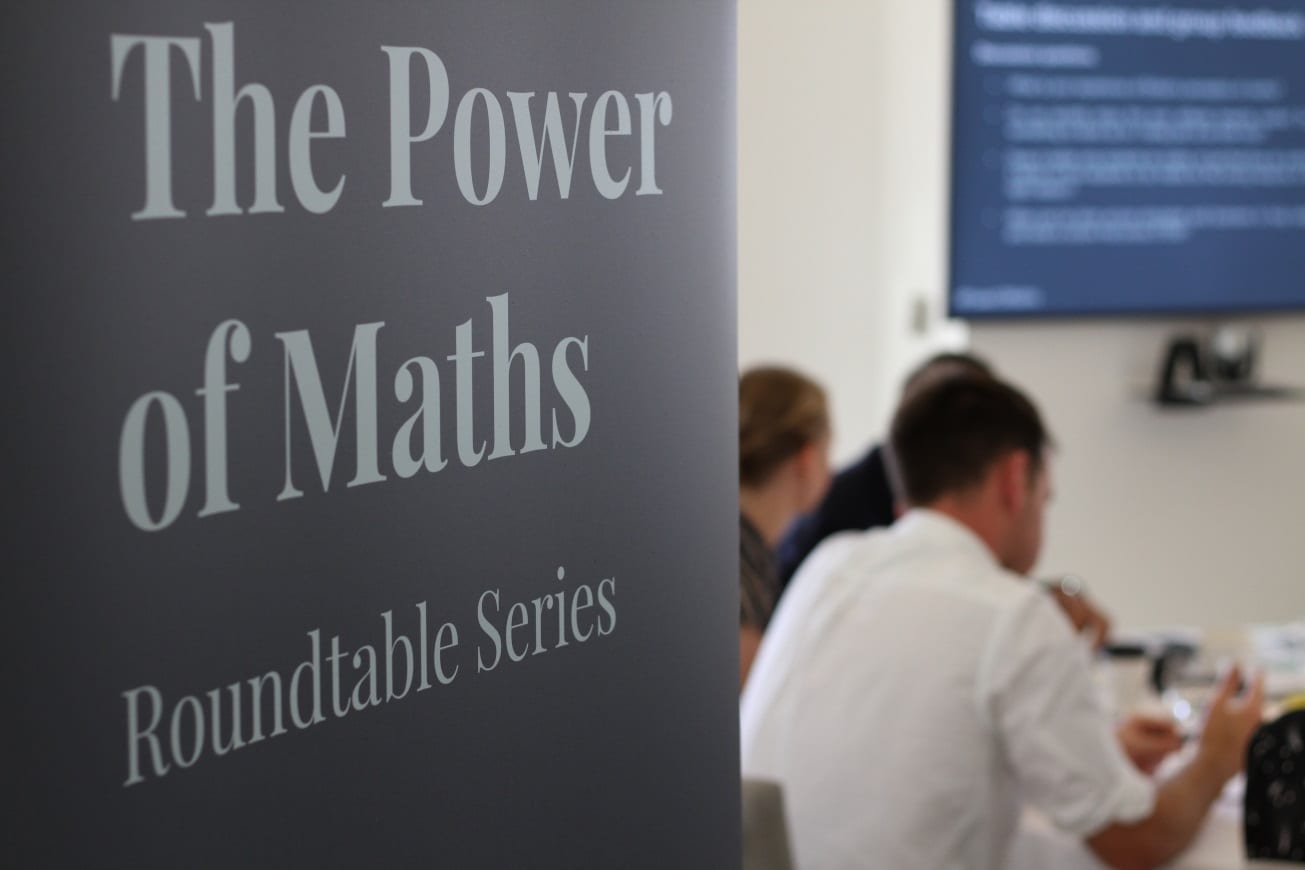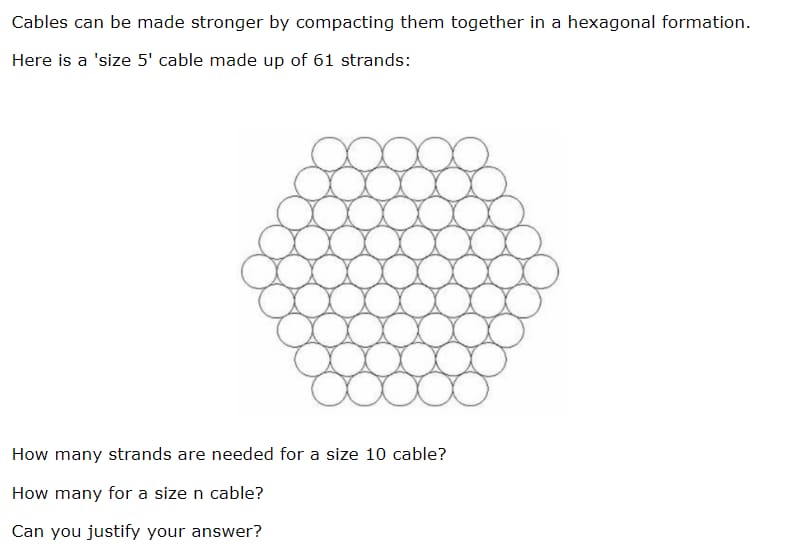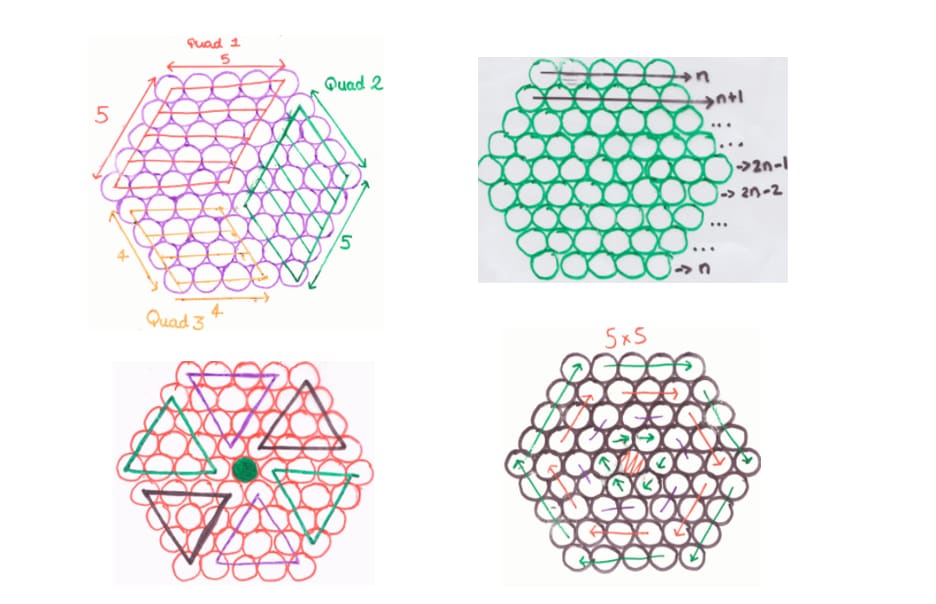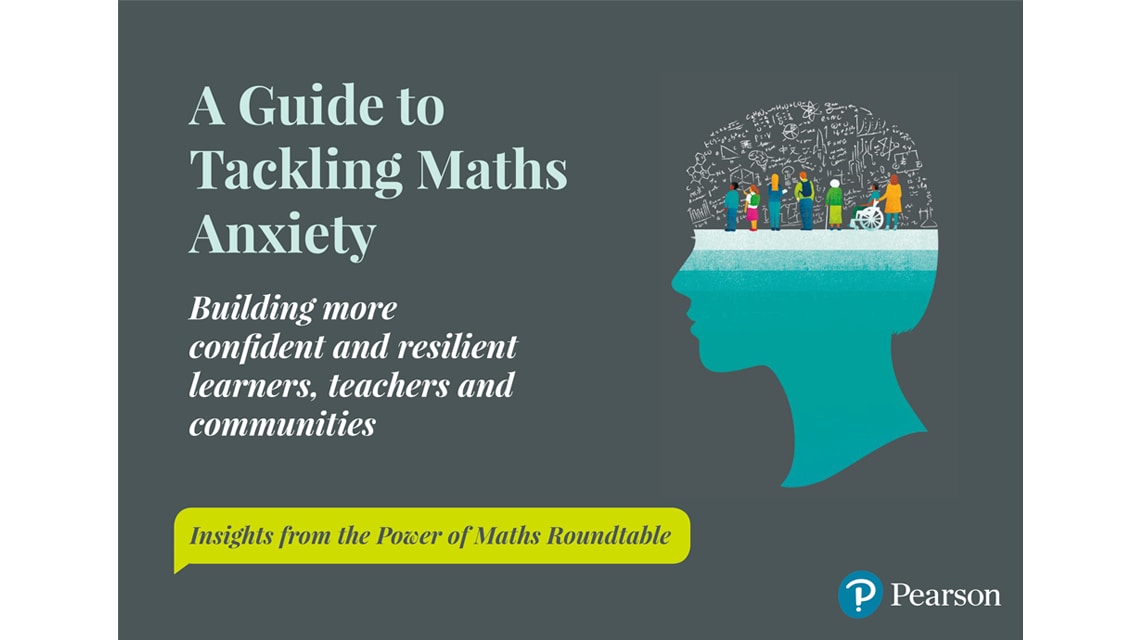Three ways to build more resilient problem-solvers in maths

What happens when ‘try, try and try again’ is not enough? Ems Lord, Director of NRICH and speaker at our Power of Maths Roundtable, shares her three tried-and-tested approaches to building more resilient mathematicians in the classroom.
When we talk about the need to develop more resilient learners...
... we often hear the mantra that they should simply “try, try and try again!”. Although encouraging a generation of learners to refuse to give up when faced with a challenge might be perceived as an admirable approach by politicians and education commentators, it may not always be the most sensible course of action. Indeed, it can be counter-productive. If a learner keeps trying but gets nowhere, then it is likely they will become disheartened and disengaged.
Nevertheless, we do need to ensure that future generations develop the problem-solving skills that they will need to thrive in their increasingly automated world. So, here are three tried-and-tested approaches to building more resilient mathematicians in the classroom when “try, try and try again!” is simply not enough.
1. Teaching learners that trying hard is important, but that it may not be enough to solve a problem
Let’s take a moment to consider an example from the world of tennis. Ambitious players will need an effective serve and they will dedicate many hours of their time to perfecting their technique. However, their favoured serve may not lead to tournament success if their opponent has worked out how to return it and ultimately win the point; players need to develop different serves for different opponents and court conditions.
In a mathematics classroom, our learners face similar issues to those aspiring tennis champions; they may have a preferred problem-solving approach, but they also need to learn that it may not always be effective, so we need to ensure that they know other approaches too, and develop the confidence to use them when needed. In other words, our learners need to build their own problem-solving toolkit where they can choose the most likely strategy to be effective, but, if it does not do the job as effectively as they had hoped, they need to be prepared to put it back and select another strategy.
If we are going to develop learners who are willing to engage with problems and prepared to try alternative approaches, then we need sufficient, high-quality resources for schools which enable learners to develop those skills. The NRICH project focuses on developing rich mathematical resources and many of our activities have been designed to offer all learners problems with accessible starting points, which we refer to as ‘low threshold, high ceiling’ activities.
2. Using ‘low threshold, high ceiling’ activities
One of the greatest challenges that learners face when problem-solving is finding a way to get started on their solution. If learners cannot self-start they can easily become disillusioned and disengaged. A very effective way to address the issue is to choose problems which are accessible for most, if not all learners, but which offer a hidden level of challenge. We often call these activities ‘low threshold, high ceiling’ tasks.
For example, Steel Cables (Figure 1) is a very accessible activity for learners with different attainment levels. Some learners will enjoy exploring the different ways of working out the number of strands and comparing their methods. Others will apply their methods to size 6, size 7 and much larger cables and some will begin generalising their results to the nth case (you may like to try Steel Cables for yourself before reading the rest of this blog):

Figure 1: Steel Cables.
Note: Steel Cables is reproduced with the kind permission of the NRICH project,
University of Cambridge, all rights reserved.
3. Choosing problems which can be solved in multiple ways
Most learners could simply count the number of strands to reach a total, but the problem is asking them to consider approaches other than counting. Some learners might find a way to work out the number of strands for a size 5 cable by spotting patterns within the diagram (such as triangles within the larger hexagonal structure), while others might need more support.
At NRICH, we often use hints to steer learners towards different ways of working without giving away too much information. For Steel Cables, the learners are carefully guided through a series of hints, one at a time, and each of those hints offers a different visual approach towards working out the total number of strands within a size 5 cable. The learners are then prompted to try out the various approaches to calculate the number of strands within a size 6 cable.

Figure 2: Examples of different visual approaches towards calculating the number
of strands within a cable.
Note: Image is reproduced with the kind permission of the NRICH project,
University of Cambridge, all rights reserved.
By exploring different solutions to the same problems, learners begin to recognise that they can try more than one approach towards many problems; some learners working on Steel Cables have often recognised that one of the alternative solutions that they were encouraged to explore was sometimes more straightforward than their first attempt.
This blog opened with the assertion that ‘trying hard’ is a necessary but insufficient approach for nurturing resilient mathematicians. We have explored three ways of building resilience, through addressing attitudes towards problem-solving, considering the benefits of ‘low threshold, high ceiling’ activities, and exploring the benefits of sharing different approaches. The NRICH team is continuing to develop further resources designed to build resilience, encourage curiosity and celebrate mathematical creativity.
Ems Lord is Director of NRICH, which is an innovative collaboration between the Faculties of Mathematics and Education at the University of Cambridge - part of the University’s Millennium Mathematics Project.
Ems also spoke at our Power of Maths Roundtable in July 2019, where leading figures across education, business, academia and the third sector came together to explore how we can tackle maths anxiety in the UK.
Read the free Guide to Tackling Maths Anxiety
Join the conversation

